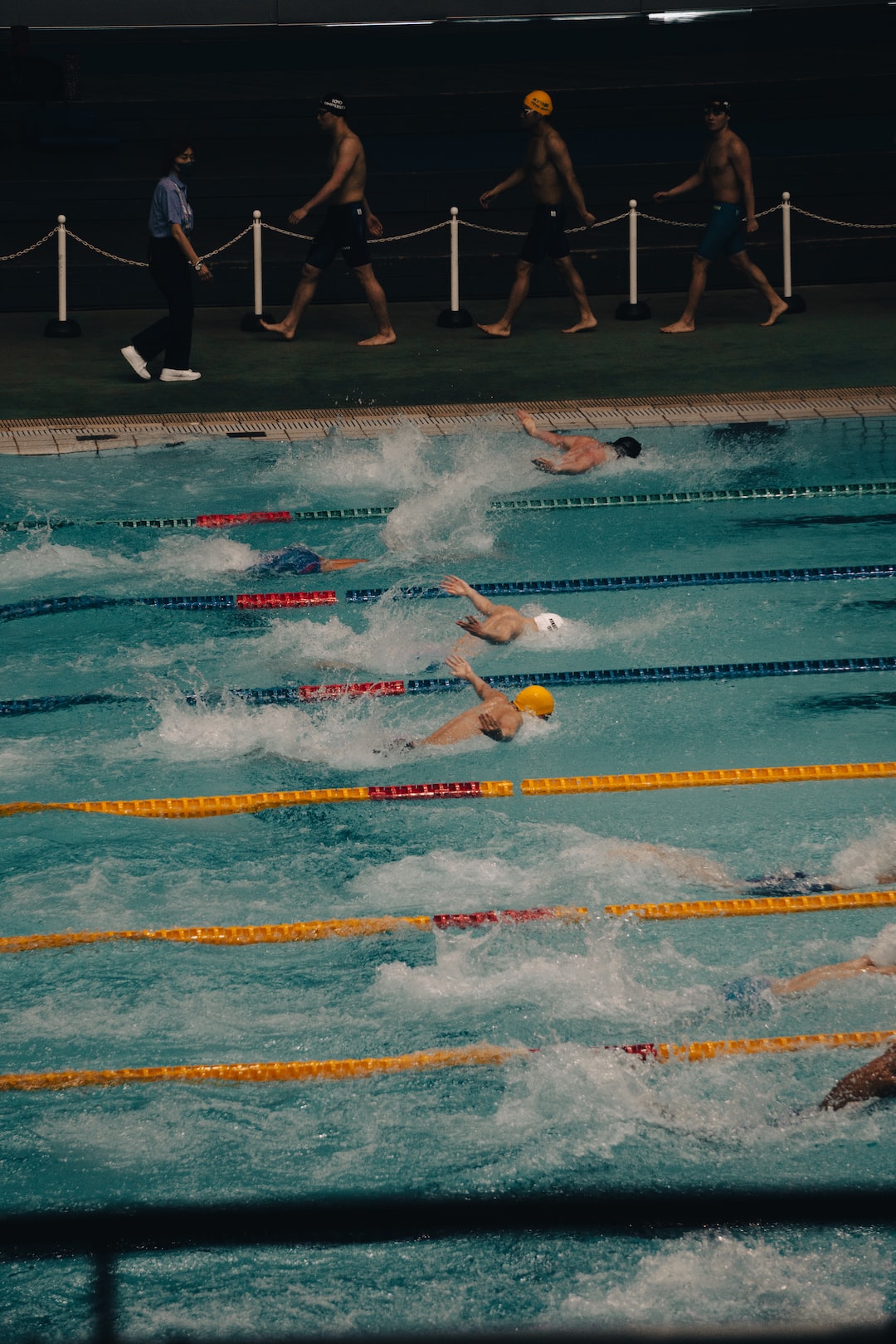Sports and Academia: Achieving a Delicate Balance for Student-Athletes
Student life can be an overwhelming experience, juggling academics, extracurricular activities, and personal commitments. However, for student-athletes, this balancing act becomes even more challenging as they strive to excel both on the field and in the classroom. The pressures of collegiate sports often leave little time or mental energy for academic pursuits, making it crucial to establish a delicate balance between sports and academia to ensure the overall success and well-being of these student-athletes.
Participating in collegiate sports demands substantial commitment, both physically and mentally. Student-athletes must dedicate countless hours to practice, training, and competition. These demanding schedules can hinder their ability to focus on academics, causing them to fall behind and potentially jeopardizing their educational goals. Furthermore, the physical toll of intense sports participation can drain energy levels, making it even more challenging to concentrate on intellectual pursuits.
Recognizing the importance of academic success, many educational institutions have implemented support systems to assist student-athletes in managing their dual responsibilities. Academic advisors specifically for athletes are now commonplace on campuses across the globe. These advisors provide personalized guidance, helping student-athletes plan their schedules, choose suitable courses, and develop effective time management strategies. By tailoring academic plans to accommodate sports commitments, advisors empower student-athletes to strike a balance between their two worlds.
Additionally, institutions have incorporated tutoring programs into their curriculum to aid student-athletes in bridging educational gaps. These programs not only provide subject-specific assistance but also equip athletes with crucial study skills. Guided study sessions, study groups, and dedicated study halls foster a supportive learning environment where student-athletes can thrive academically, despite their sports commitments. The provision of these resources is vital in ensuring that athletes do not sacrifice their education for the sake of their athletic pursuits.
However, it is not solely the responsibility of institutions to create an environment that nurtures the academic growth of student-athletes. Coaches play a pivotal role in supporting their athletes’ educational endeavors. By acknowledging the importance of academics, coaches can emphasize the significance of achieving a delicate balance between sports and school. Implementing team study sessions, encouraging time management skills, and fostering a culture that values academics can positively impact student-athletes’ academic achievements.
Moreover, student-athletes must possess discipline and self-motivation to succeed both in sports and academia. They need to develop effective time management skills to create a well-structured routine that allows for adequate study and practice time. Setting realistic expectations and goals can help student-athletes prioritize and allocate their time effectively. Additionally, maintaining open lines of communication with professors can ensure that they understand the unique challenges faced by student-athletes and are willing to provide necessary accommodations.
While striking a balance between sports and academics is critical, it is equally important to emphasize the holistic development of student-athletes. Encouraging their involvement in leadership roles, community service, or internships can provide them with valuable life experiences outside of sports. These experiences not only contribute to personal growth but also enhance their future prospects beyond athletics. Instituting mentorship programs where successful former student-athletes guide current athletes can offer invaluable support and guidance in navigating both sports and academics.
Furthermore, it is essential to prioritize the mental well-being of student-athletes. The pressures of performing well in both sports and academics can take a toll on their mental health. Institutions must invest in mental health resources and provide counseling services specifically tailored to student-athletes. Accessible mental health support can assist student-athletes in managing stress, anxiety, and balancing their multiple responsibilities effectively.
Achieving a delicate balance between sports and academia can be a challenging task for student-athletes, but it is vital for their overall success and well-being. Institutions, coaches, and student-athletes themselves must work hand in hand to create an environment that promotes academic achievement without compromising athletic endeavors. By adequately supporting student-athletes, providing resources, and fostering a culture of balance, we can ensure that they have the opportunity to excel in both areas, leading them to a prosperous future both on and off the field.


